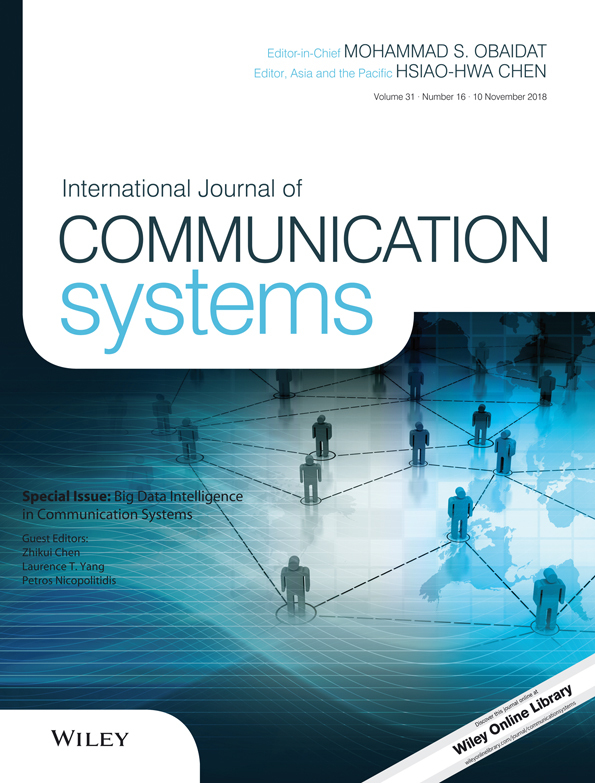An effective copyright-protected content delivery scheme for P2P file sharing networks
Summary
Illegal sharing of copyrighted materials in peer-to-peer (P2P) networks has become a serious threat to the content industries. Despite many copyright-protected P2P systems that have been designed to prevent piracy, the user authentication–based approaches face the challenge of collusion attacks and the encryption-based approaches may be vulnerable to poisoning attacks. Observing these, in this paper, we present a novel copyright-protected content delivery scheme (CPP) for P2P file-sharing networks based on piece-level stochastic encryption. In CPP, peers must pay for decryption key sequences before accessing to the plaintext content. For each peer, the sequence of the decryption keys is different from others, so the unauthorized peers could not access the content even if some colluders share their keys. Modified piece with hash enable peers to check the correctness of each piece after downloading, preventing the propagation of poisoned pieces. There is neither massive state maintenance nor frequent user authentication during the download process. Peers purchase after downloading, protecting their benefits when quitting the system before paying. Analysis and experiments show that CPP is suitable for delivering large files, and it is resilience to collusion attacks and poisoning attacks.




